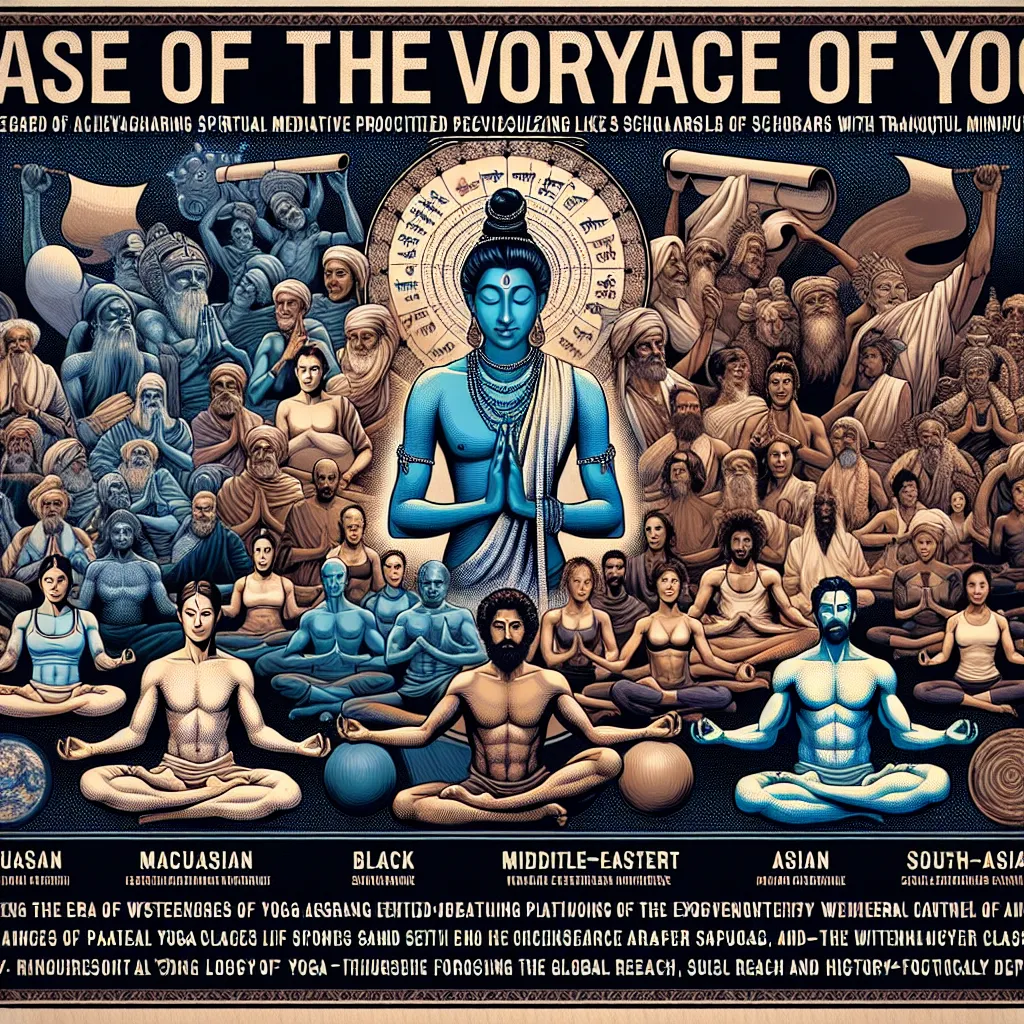The Ten Commandments have long guided Christians in leading moral and ethical lives. Found in the Old Testament of the Bible, these principles were given by God to Moses on Mount Sinai, marking a significant moment in biblical history.
Focusing on the relationship between individuals and God, the first four commandments set the stage. The first commandment stresses monotheism, underscoring the belief in one all-powerful God who created and rules the universe. The second commandment warns against creating idols or images for worship, keeping the focus on revering God in His true form. The third commandment advises against misusing God’s name, calling for respect and reverence. Lastly, the fourth commandment commands observing the Sabbath, a day for rest and worship, mirroring God’s rest after creation.
The last six commandments deal with how we relate to one another and moral conduct. The fifth commandment asks children to honor their parents, promoting family respect and obedience. The sixth prohibits murder, emphasizing the sanctity of life. The seventh prohibits adultery, supporting fidelity in marital relationships. The eighth discourages stealing, encouraging honesty and respect for others’ property. The ninth warns against bearing false witness, upholding truthfulness and integrity. Finally, the tenth warns against coveting, urging contentment with one’s own blessings.
These commandments aren’t just a list of rules; they’re guides for living a life that honors God and respects others. Rooted in love, Jesus summarized them in two great commandments: love God with all your heart, soul, and mind, and love your neighbor as yourself. This highlights the connection between spirituality and morality.
For centuries, the Ten Commandments have been a cornerstone of Christian ethics, providing a moral framework that stands the test of time. They aren’t seen as restrictive but as principles that lead to a fulfilling life and closer relationship with God. Essentially, they’re a code of ethics steering individuals toward righteousness and holiness.
Even in today’s world, the Ten Commandments hold relevance beyond just religious circles. They offer a universal moral compass, guiding ethical behavior and respect for others. For example, the commandment against murder underscores the sanctity of life. Similarly, the prohibition against stealing highlights the importance of honesty and respect for others’ property.
The Ten Commandments also support the global push for human rights, advocating for basic principles like respect for life, honesty, and integrity—fundamental to human dignity. By following these commandments, individuals contribute to creating a more just and compassionate society.
In essence, the Ten Commandments are foundational to Christian teachings, offering a thorough guide for ethical living. They stress the importance of honoring God and respecting humanity, providing timeless and universal principles.






